Cargando...
Recursos educativos
-
Nivel educativo
-
Competencias
-
Tipología
-
Idioma
-
Tipo de medio
-
Tipo de actividad
-
Destinatarios
-
Tipo de audiencia
-
Creador
Lo más buscado
- Ejercicios escolares para niños de 7 años
- redacción
- Yoga para niños
- Experimentos caseros
- Cultura y lenguas clásicas
- Variación lingüística
- ejercicios ortografía
- El Egipto faraónico
- Centenas de millar
- Clasificación de los animales
- Lecturas interactivas
- Letras T
- Canciones para dormir
- Educación para el ocio
- Cultivos transgénicos
-
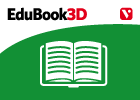
Blood circulation (II)
EduBook Organización
- 3418 visitas
The heart The heart is the organ that pumps blood to all the cells in our body. It is about the size of a closed fist. Its walls are made of muscle tissue. The heart contains four chambers: The two top…
-
-
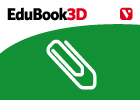
How we breathe in places with no air
EduBook Organización
- 3297 visitas
We need air to breathe Humans and other animals that live on land need air to live. When we breathe, we take oxygen from the air. With this oxygen and with the food we eat, our body has the energy it…
-
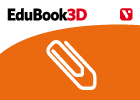
Adrenaline prepares for action
EduBook Organización
- 3307 visitas
In situations of danger or fear, the adrenal glands produce a hormone called adrenaline. This prepares the body for action, like running or hiding. This is called the fight or flight response.…
-

Answer. Unicellular and multicellular organisms
EduBook Organización
- 3307 visitas
Remember what you have studied in this section and answer the questions: What are organisms made up of a single cell called? How do they reproduce? What do we call living things that are made up of many…
-
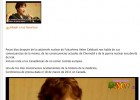
Video: Nuclear radiations in 3Mile Island, Chernobyl and Fukushima
Educatube Organización
- 7307 visitas
In this 11 minute video (with Spanish subtitles) Helen Caldicott (Nobel Prize) explains the consequences of recent nuclear catastrophes on the human body. We can listen to specific scientific vocabulary…
-
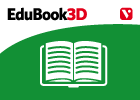
-
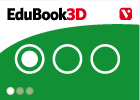
Final self-evaluation T15 02 - Art in the 20th century
EduBook Organización
- 3226 visitas
Choose the correct answer: What was Bauhaus? What is the name of the school of art from the early 20th century who did not belong to any specific movement? What is Neo-Pop? What is the name of the type…
-
True / False. The cerebrum
EduBook Organización
- 3144 visitas
Are these sentences true or false? The cerebrum is the most important nervous centre in our body. It contains nearly one million neurons. The outer surface, which is 1.5 to 4 millimetres thick, is…
-
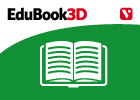
Te estamos redirigiendo a la ficha del libro...













